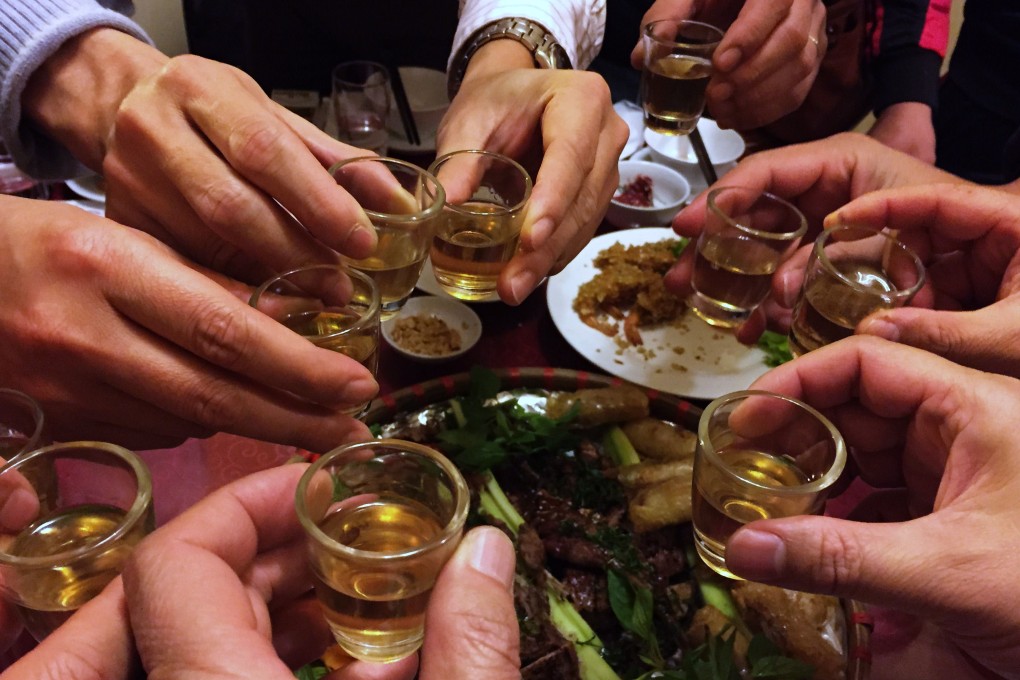Book review: Susan Cheever takes a sideways look at the American character
A history of drinking in the United States chronicles the swings of the pendulum from abstinence to excess and back again



Alcoholism and sobriety loom large in the work of Susan Cheever, the recovering alcoholic daughter of the great mid-century American writer John Cheever, whose own struggles with alcohol are legendary.
"My father was addicted to alcohol and it showed. I was addicted to everything, and that was much easier to hide," she writes in her new book, Drinking in America. "I haven't had a drink in more than 20 years - 20 years during which I have obsessively studied both alcoholism and temperance and their effects on individuals and cultures." Cheever serves up a sober cocktail of American history, dividing it into "pendulum swings" of overindulgence and abstinence told through stories of its leading teetotallers and drunks.
The Pilgrims, we learn, landed the Mayflower in New England "because they were running out of beer". She describes the Revolutionary War battle at Lexington Green as a "classic encounter between those who drink too much and those who have to deal with them"- that is, the militiamen who'd been boozing for hours and the British soldiers.
In the Civil War chapter she scolds historians for "scant or no mention of the effect drinking had on the troops, the generals or the progress of the war". Joseph McCarthy merits a chapter, in part because he was a drunk, while the material on the JFK assassination focuses on how members of his Secret Service detail were out drinking until the wee hours the night before.